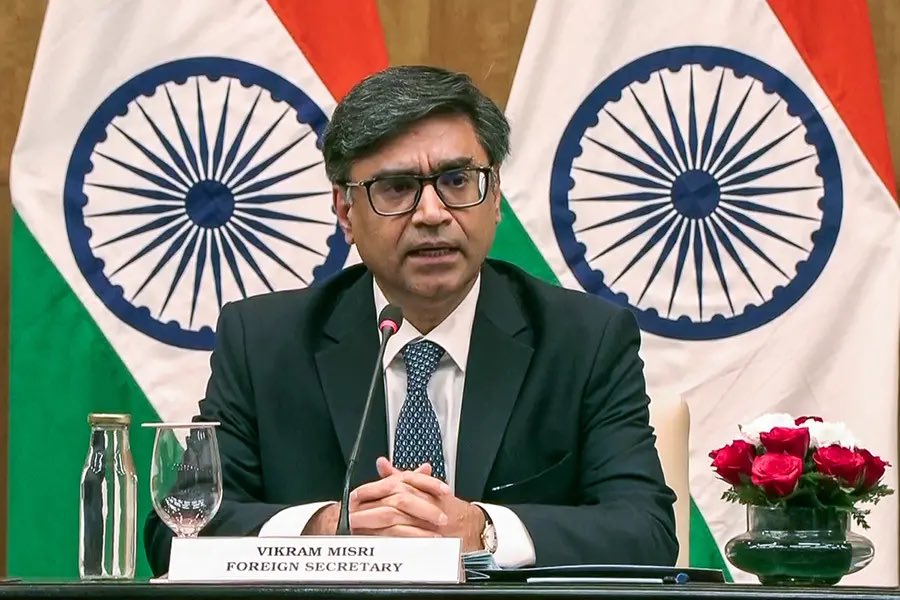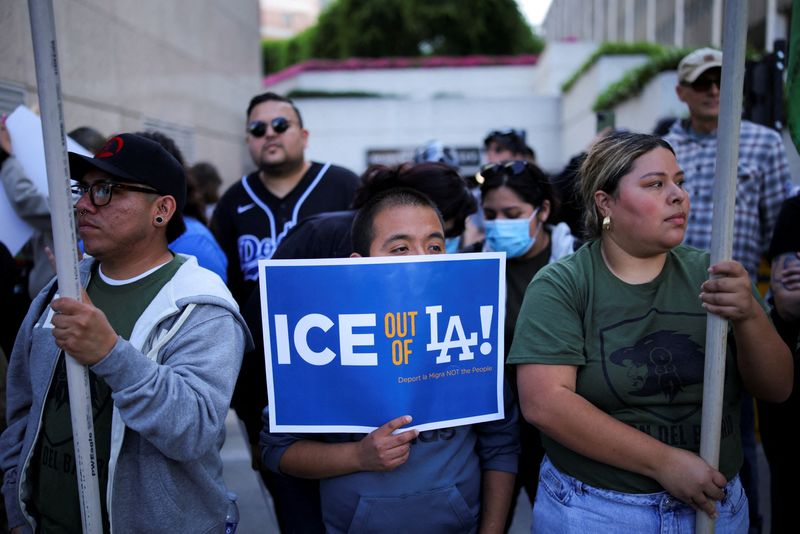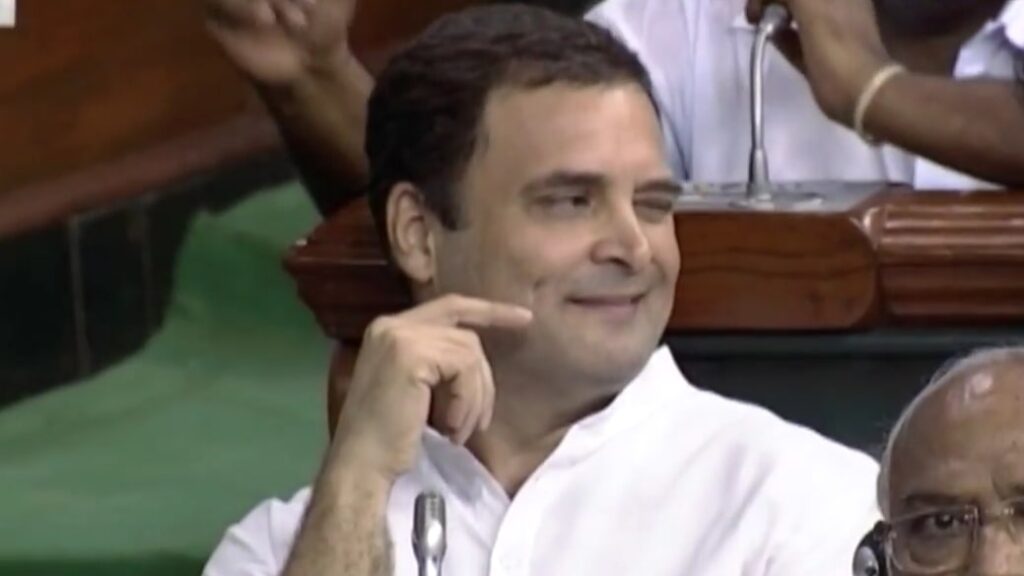What Led to the Trolling of Vikram Misri?
In May 2025, Foreign Secretary Vikram Misri became the center of a social media storm following his announcement of the India-Pakistan ceasefire. This followed Operation Sindoor, a military operation launched by India on May 7 in response to the Pahalgam terror attack on April 22, which killed 26 civilians. The ceasefire aimed to halt military actions after days of tension, including cross-border drone and missile strikes. However, Pakistan violated the ceasefire shortly after, prompting Misri to state that India would respond firmly to further violations. This announcement, though a reflection of government decisions, led to a wave of online attacks on Misri, with some netizens blaming him for not taking a harder stance against Pakistan.
Nature of the Online Attacks on Vikram Misri
The trolling was severe and personal. Misri was labeled a “traitor” and “deshdrohi” (anti-national) by faceless trolls on social media platforms like X. The attacks extended to his family, particularly his daughter, Didon Misri, a London-based lawyer. Trolls criticized her past work providing legal aid to Rohingya refugees and even shared her personal details online, a practice known as doxxing. The intensity of the harassment forced Misri to lock his X account, making his posts visible only to followers. The abuse was not just directed at Misri’s professional role but also targeted his family, crossing ethical boundaries and sparking widespread outrage.
Support Pours In for Vikram Misri from Across India
The online attacks on Misri were met with strong condemnation from various quarters. The IAS and IPS associations issued statements in solidarity, with the IAS Association stating, “Unwarranted personal attacks on civil servants performing their duties with integrity are deeply regrettable.” The IPS Association called the assaults “intolerable” and commended Misri’s service. Political leaders like Asaduddin Owaisi and Akhilesh Yadav also defended him. Owaisi emphasized, “Our civil servants work under the executive… they shouldn’t be blamed for the decisions taken by the executive.”
Mr Vikram Misri is a decent and an Honest Hard working Diplomat working tirelessly for our Nation.
— Asaduddin Owaisi (@asadowaisi) May 11, 2025
Our Civil Servants work under the Executive this must be remembered & they shouldn’t be blamed for the decisions taken by The Executive /or any Political leadership running Watan E… https://t.co/yfM3ygfiyt
Yadav demanded action against the trolls, criticizing the lack of government response. Diplomats like Nirupama Rao and Shashi Tharoor praised Misri’s professionalism, with Rao calling the trolling “utterly shameful” and Tharoor labeling it “preposterous.”
#NDTVExclusive | "Kinetic hostility not India's doing": Congress MP Shashi Tharoor (@ShashiTharoor) to NDTV's @maryashakil pic.twitter.com/JgVBwmKNpb
— NDTV (@ndtv) May 11, 2025
his united support highlighted Misri’s respected stature as a diplomat who has served India in critical roles, including as ambassador to China and deputy national security adviser.
Why This Matters: The Bigger Picture of Trolling Civil Servants
The trolling of Vikram Misri reflects a growing trend of online harassment targeting Indian civil servants, especially during sensitive diplomatic situations like the India-Pakistan ceasefire 2025. Misri, a 1989-batch IFS officer known as a China expert, has been a key figure in India’s foreign policy, serving under multiple prime ministers. The attacks stem from a misunderstanding of his role—civil servants like Misri execute government decisions, not make them. The lack of immediate government condemnation of the trolls raised concerns about the protection of public servants. This incident underscores the need for better safeguards against cyberbullying and a more responsible discourse on social media, ensuring that dedicated officials like Misri can perform their duties without fear of personal attacks.





















